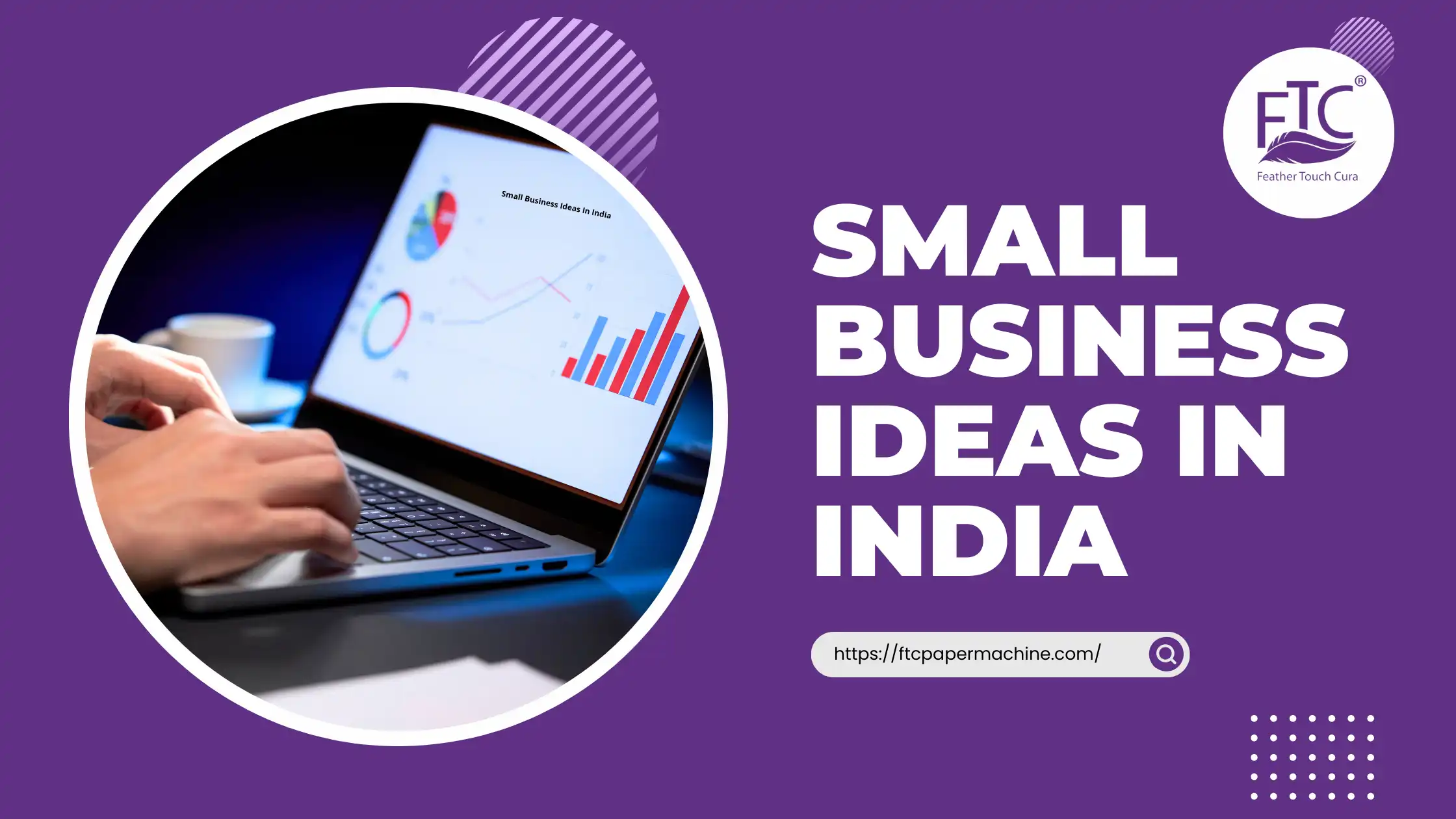Small Business Ideas In India
In India, when exploring best business ideas, it’s essential to understand the product manufacturing cycle. It begins with acquiring resources, followed by raw material manufacturing, conversion manufacturing, and finally, the production of the end product. From there, the product moves through various stages: distribution to a distributor or dealer, then to business-to-business sectors, and further down the line to traders and retail shops. Ultimately, the product reaches the consumer through retail channels.
Synopsis:
An Example For Product Manufacturing Cycle:
- Resource Acquisition: Petroleum serves as the raw material for plastic.
- Raw Material Manufacturing: Manufacturers convert petroleum into plastic granules.
- Conversion Manufacturing: These granules are used to create end products like toys, water bottles, pvc pipes etc..
- Distribution: The products move from manufacturers to distributors.
- Business-to-Business Transactions: Traders facilitate the transfer to business sectors.
- Retail Channels: Finally, retail shops make the products available to consumers.
What Small Business Ideas Are Most Successful
When considering successful small business ideas, it’s crucial for startup entrepreneurs to choose ventures that align with their skills and goals.
Starting a conversion manufacturing business allows you to design and create products for consumers, restaurants, and other markets. Whether it’s tissue papers or other goods, conversion manufacturing offers flexibility in investment and sales channels.
Alternatively, you can explore freelancing in areas like digital marketing, e-commerce sales, or YouTube vlogs. These services allow you to build your brand and connect directly with customers. Remember, a successful business reflects your name or brand identity, and conversion manufacturing can be a powerful way to achieve that.
Best Online Business Ideas - Disadvantage
In today’s digital landscape, social media significantly influences business ideas across various stages of the entrepreneurial journey. Whether you’re exploring small business concepts or aiming for substantial growth, the impact of online platforms cannot be ignored. However, when considering potential business ventures, especially in retail channels like e-commerce, it’s essential to evaluate the entire ecosystem. While starting an e-commerce business by procuring products directly from distributors or conversion manufacturers may seem like a low-investment option, there are hidden costs to consider.
Once your e-commerce venture is up and running, marketing expenses and commission fees (charged by platforms like Amazon or other e-commerce agencies) can quickly erode your capital. This financial strain can demotivate small business owners, potentially leading them to abandon their entrepreneurial dreams and revert to traditional employment. Therefore, while distributor-based or conversion manufacturer-based models may appear attractive initially, they may not be the most sustainable or successful approach for budding entrepreneurs. It’s crucial to weigh the pros and cons carefully before embarking on any business venture.
Small Business Ideas – Manufacturing
The product cycle significantly impacts business success. When considering manufacturing, there are two main approaches: resource manufacturing (high investment) and raw materials manufacturing (also high investment). However, conversion manufacturing, situated in the middle of the product cycle, allows flexibility in investment. For instance, if you choose to manufacture tissue papers through conversion manufacturing, you design products for consumers, restaurants, and other markets. Selling options include business-to-business (B2B) sales to restaurants, hospitals, and spas, as well as e-commerce platforms like Amazon, Flipkart, or your own site. High sales opportunities are ready for business success within three years.
Regardless of business size, success hinges on robust selling opportunities. Whether through B2B channels or e-commerce platforms, maximizing sales is essential. By strategically positioning your product in the market, you can achieve sustained growth over a three-year period.
Conversion Manufacturing – Tissue Paper Market
Global tissue paper market size was valued at USD 21.70 billion in 2022 and is poised to grow from USD 22.46 billion in 2023 to USD 29.57 billion by 2031, growing at a CAGR of 3.5% in the forecast period (2024-2031).
The market demand for tissue paper products is expected to rise due to the increasing emphasis on hygiene and cleanliness, coupled with growing awareness about sanitation and personal care. The demand for biodegradable tissue paper products is expected to further increase due to government initiatives towards green and sustainable consumer products.
Conversion Manufacturing – Paper Bag Market
The paper bag market is estimated to be valued at US $5.6 billion in 2024. The market is anticipated to reach a valuation of US $8.7 billion by 2034, progressing at a CAGR of 4.3% from 2024 to 2034.
| Attributes | Key Statistics |
|---|---|
| Paper Bag Market Value (2024) | US $5.6 billion |
| Anticipated Market Value (2034) | US $8.7 billion |
| Value-Based CAGR (2024 to 2034) | 4.3% |


